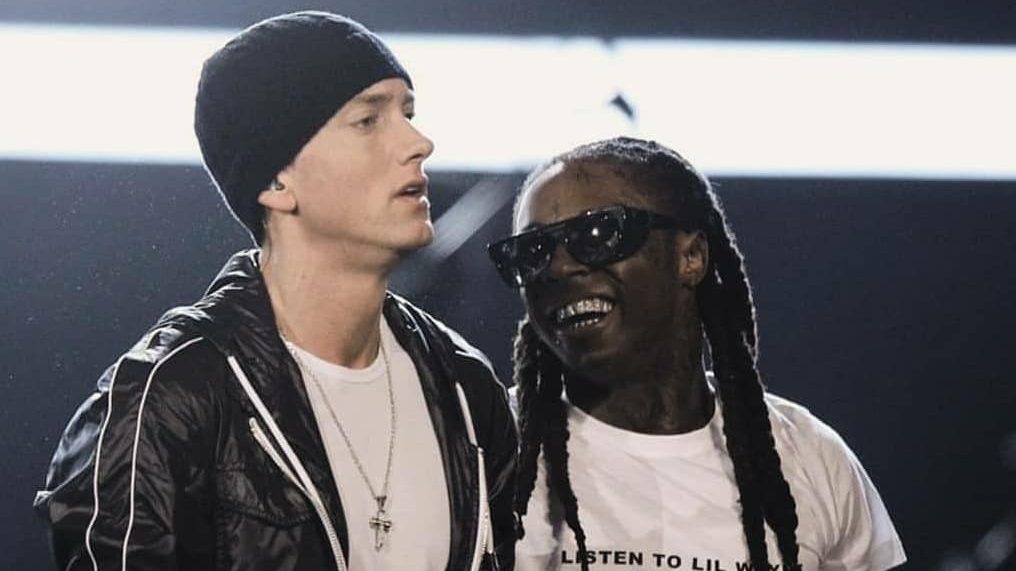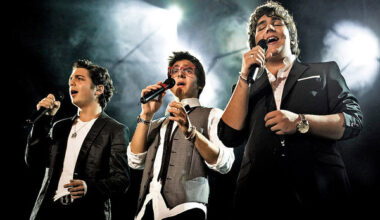Lil Wayne just sat down for a powerful and insightful interview with Taylor Rooks, where he opened up about everything from his music journey to hip-hop’s competitive roots — and even his dream to perform at the 2025 Super Bowl Halftime Show.
In the conversation, the 5-time Grammy winner spoke about his collaboration with NBA superstar Kevin Durant, explaining how his experience in the game has made him a stronger and more evolved artist over the years.
Why Lil Wayne Calls Himself the LeBron James of Rap
Weezy made a bold comparison during the interview, saying he sees himself as the LeBron James of hip-hop — someone who’s been dominant for decades, continuously evolving and influencing the next generation. Just like LeBron in basketball, Wayne says his consistency and impact have kept him at the top.
Saluting Drake’s Success
Lil Wayne didn’t hold back when it came to showing love for Drake, calling himself “super proud” of his protégé. He highlighted how far Drake has come and how proud he is to have been a key part of that journey.
Super Bowl Halftime Show on His Radar
Lil Wayne also shared a major personal goal — he wants to headline the 2025 Super Bowl Halftime Show. With his legendary career and huge fan base, many believe it’s long overdue.
Advice to Rising Stars & NBA Talk
Wayne offered heartfelt advice to Angel Reese, encouraging her to stay focused and embrace her journey. He also predicted Ja Morant will be the next face of the NBA, pointing to his electrifying presence and potential.
Wayne Reflects on the Lost Art of Battle Rap
One of the most passionate parts of the interview came when Lil Wayne spoke about the competitive spirit of old-school hip-hop. He reflected on the days of battle rap, comparing it to comedians roasting each other — but with bars.
“I was around when rap was competitive. That was an art form — like battle rap. You’d step into the circle and someone like Eminem might tear you down over something you loved about yourself. But that was the fun. It made you sharper.”
He added that many iconic battle rap moments weren’t even recorded — but those legends still live on in hip-hop history. “We don’t have that anymore,” he said. “I was there when it mattered.”






